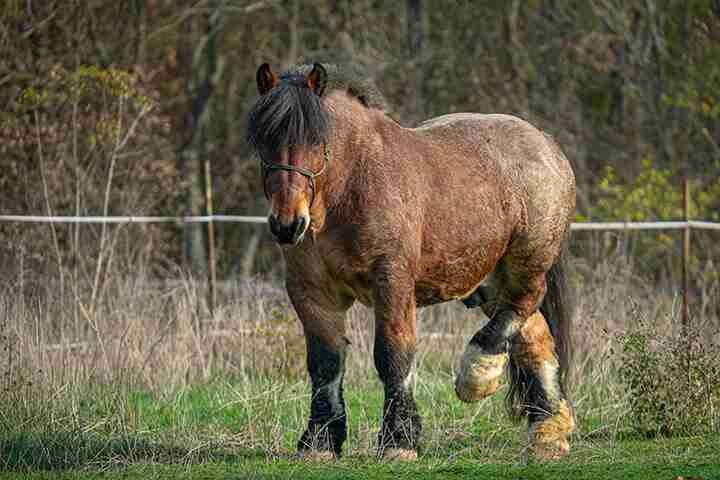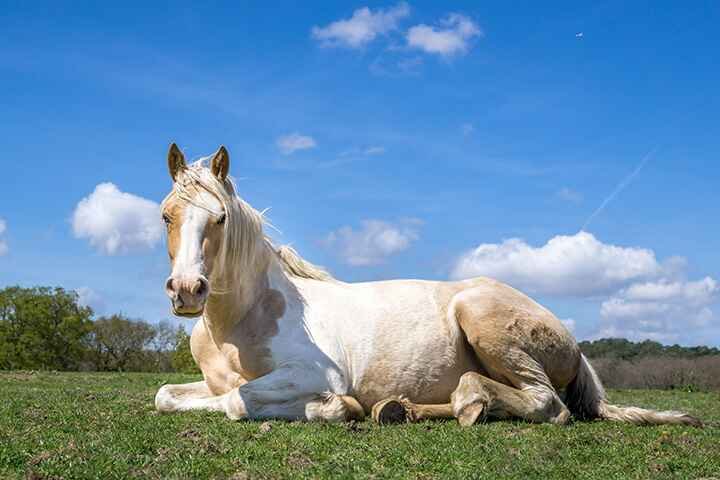Different breeds have widely varying weight ranges. Miniature horses can weigh as little as 88 pounds (40 kg), while draft horses like Clydesdales can reach over 2,200 pounds (1000 kg). The weight of a horse is a crucial factor in understanding and managing its health. In this article, we delve into the various aspects of equine weight, from average weights to factors influencing them.
Horse Weight
- Average Weight: Horses come in various breeds and sizes, leading to a broad spectrum of average weights. Generally, an adult horse’s weight can range from 900 to 2,200 pounds. It’s important to note that this is a generalization, and individual weights may vary.
- Factors Influencing Weight: Several factors contribute to the weight of a horse, including breed, age, sex, and overall health. Draft breeds typically weigh more than light horse breeds, and a horse’s age can impact its weight due to growth or aging processes.
Weighing Methods
- Livestock Scales: The most accurate way to determine a horse’s weight is by using livestock scales. These scales provide precise measurements and are often found in veterinary clinics or specialized equine facilities.
- Weight Tapes: Weight tapes offer a convenient method for estimating a horse’s weight. These tapes use measurements such as girth and length to provide an approximate weight. While not as accurate as scales, they are practical for routine assessments.
- Body Condition Scoring: Evaluate a horse’s body condition score (BCS), it helps assess its overall health and weight. This method involves visually and physically evaluating the horse’s body fat and muscle distribution.
Managing Horse Weight
- Balanced Diet: Providing horses with a well-balanced diet is crucial for maintaining optimal weight. The diet should align with the horse’s age, activity level, and health conditions.
- Regular Exercise: Incorporating regular exercise into a horse’s routine contributes to weight management. Exercise helps burn calories, builds muscle, and promotes overall well-being.
- Veterinary Check-ups: Regular veterinary check-ups play a vital role in monitoring a horse’s weight and addressing any health concerns promptly. The veterinarian can offer dietary recommendations and assess the horse’s overall condition.

Conclusion
A horse’s weight is integral to ensuring its health and well-being. Horse owners and caretakers should employ reliable methods for weight assessment, tailor diets to individual needs, and prioritize regular veterinary care. By doing so, they contribute to the longevity and vitality of their equine companions.





